
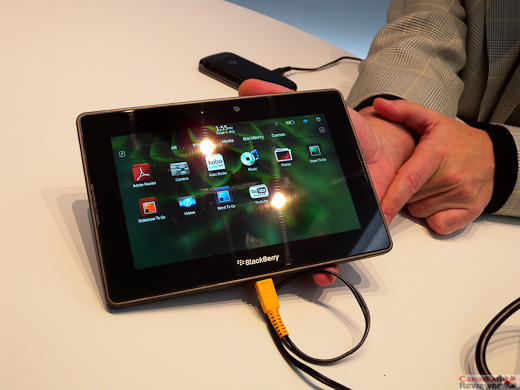
Las Vegas - Scouring the gargantuan show floor this first day of CES in Las Vegas one realizes that this year's show skews heavily towards tablets. From the powerhouse devices like BlackBerry's PlayBook and Motorola's Xoom to a variety of UMPC-style devices that run on Windows or Linux, CES is tablet central. The main pagodas of product from the big players are completely swarmed with avid attendees trying to get a closer look or maybe cop a feel of these new devices.
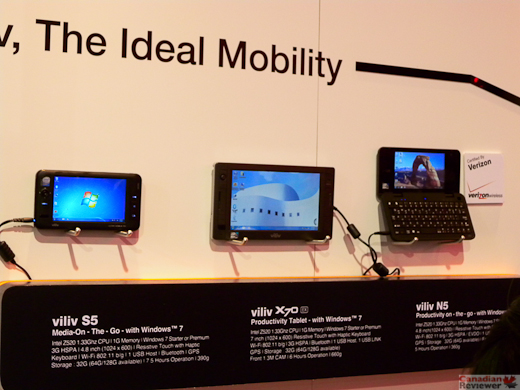 The large booths are flanked by accessory and case manufacturers offering a staggering variety of knick-knacks, cases, keyboards and stands to go with various sized tablets. The designs range from stylish to garish but the interest is certainly there.
The large booths are flanked by accessory and case manufacturers offering a staggering variety of knick-knacks, cases, keyboards and stands to go with various sized tablets. The designs range from stylish to garish but the interest is certainly there.
How long is the battery life? Will it play HD video? Does it do Flash? How much is it? These are the persistent questions lobbed at the smiling boothkeepers who happily point out the features but are elusive on the one key factor that will determine how well these devices will be received. The price.
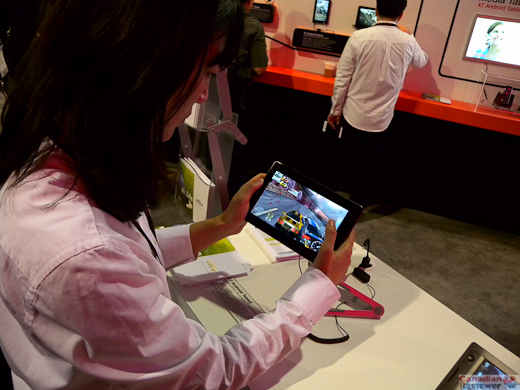
The good news this year, unlike in years past, is that the hardware and the software are now harmonized to deliver surprisingly good tablet computing experiences. With the advent of strong post-holiday interest in eBooks, streaming video via services like Netflix and Hulu plus truly workable cloud computing elements, Today's tablets do have a purpose and more importantly a supportive ecosystem. Unlike the hyper-specialized TabletPCs or the underpowered but costly UMPCs of year's past, these sleek new slates make a lot of sense.
Apps are another aspect that can bolster the interest and the use of tablet devices, we were impressed and glad to see some app developers showing off their products in booths here this year. With apps as the great leveler, talented but independent developers can play with the big boys and reap the benefits of their work one .99 cent download at a time.
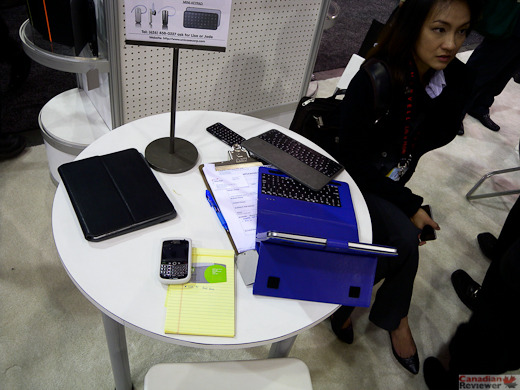
Aside from the usual Android and Linux variety of tablets, we also saw devices in the same form factor that suit one particular use such as Wikipedia device or a tablet that only carries recipes. That and the cheap knockoffs running the earlier and probably non-upgradeable versions of Android fill the tablet-lust of techies on a budget but aren't really a worthwhile investment.
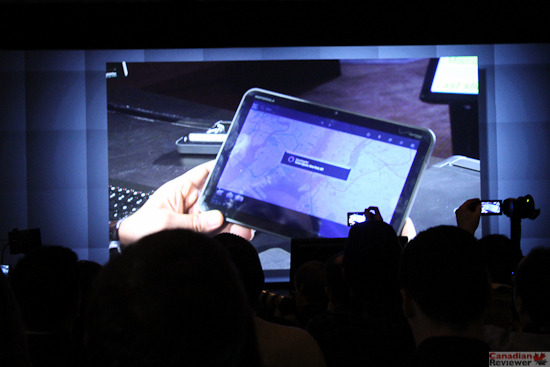 What is apparent is that manufacturers are taking different approaches to developing their tablet devices. RIM's PlayBook uses a completely new operating system and not a derivative of its venerable BlackBerry operating system. This is a departure from Apple's approach where even iPhone and iPod Touch apps run in small-scale on the iPad. Apple may have started the trend but now with higher specifications, dual-core processors and thriving developer and app support, these new tablets will finally make this segment more competetive.
What is apparent is that manufacturers are taking different approaches to developing their tablet devices. RIM's PlayBook uses a completely new operating system and not a derivative of its venerable BlackBerry operating system. This is a departure from Apple's approach where even iPhone and iPod Touch apps run in small-scale on the iPad. Apple may have started the trend but now with higher specifications, dual-core processors and thriving developer and app support, these new tablets will finally make this segment more competetive.
Which of the newly announced tablets has caught your attention? Check out our new poll and be heard.
--------------------
Canadianreviewer.com's CES coverage is powered by TELUS